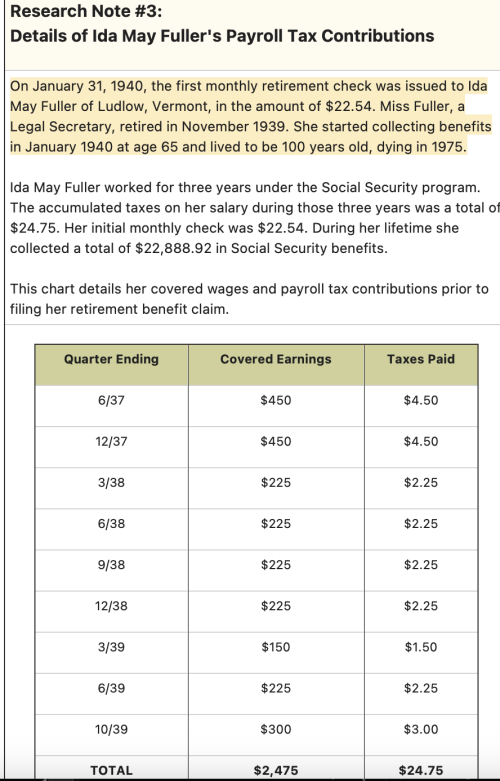Straight Arrow
Well-known member
That is the logical and wise answer. HOWEVER, not the "American way" since nothing down, no interest for a year puts middle income folks in new vehicles, new boats, new campers, annual vacations to exotic places, new rifles, new clothes, and on and on with monthly payments ... leaving no "extra pay".you save the extra pay and put it aside for retirement?







